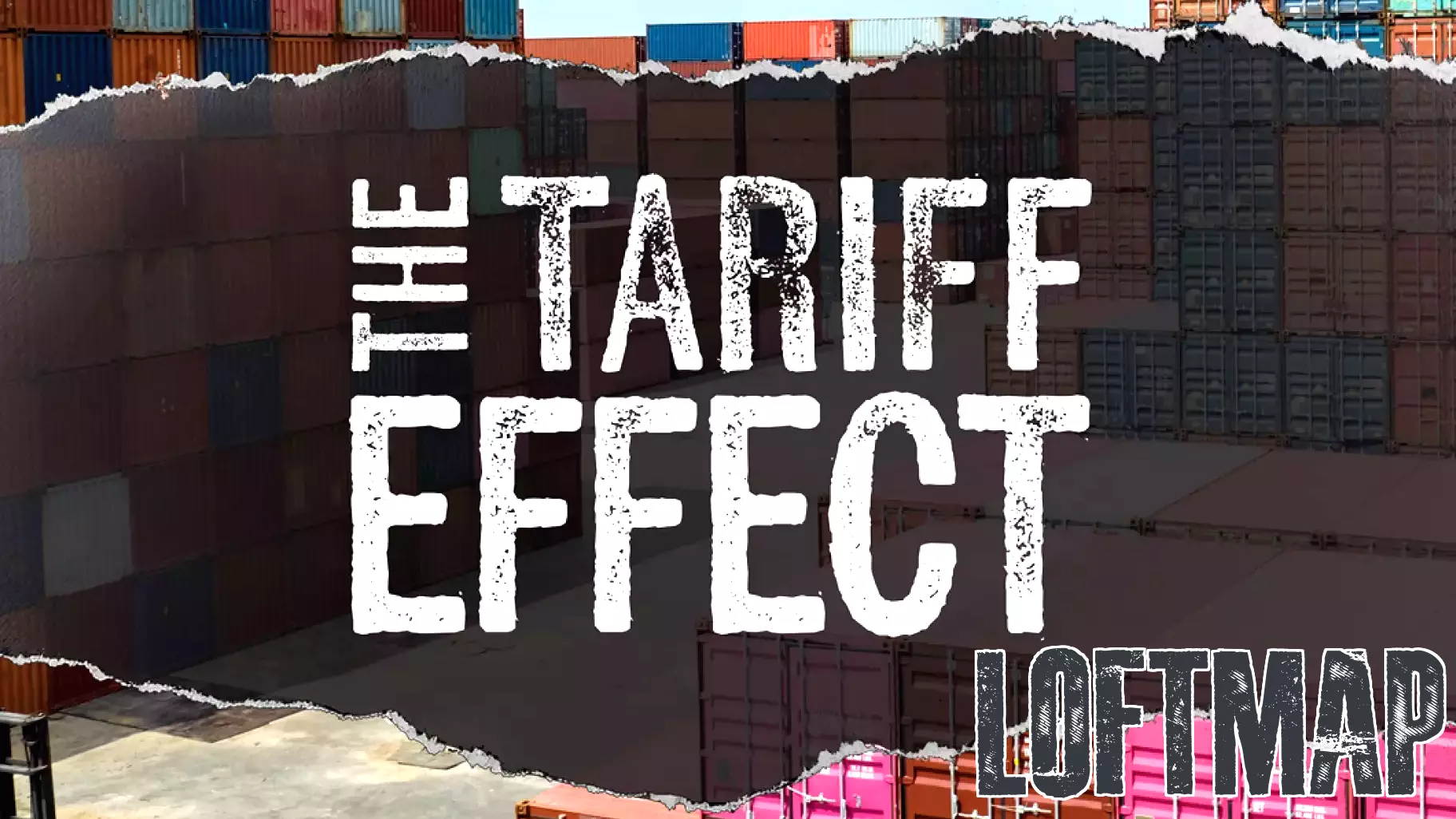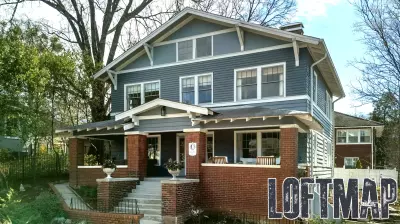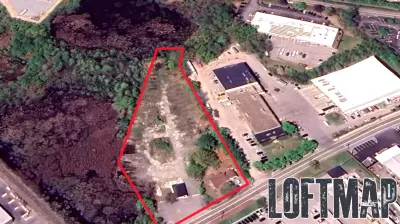April 1, 2025 - 19:48

International tariffs can have far-reaching consequences on the real estate sector, influencing various aspects from construction expenses to mortgage rates. As trade policies evolve, the costs associated with building materials often rise, leading to increased construction expenses. This uptick can make new housing developments less feasible, ultimately constraining the supply of homes available in the market.
Higher construction costs typically trickle down to homebuyers, resulting in elevated housing prices. As potential buyers face higher costs, demand may shift, impacting how homes are financed. Mortgage rates may also increase in response to the economic uncertainties brought about by tariffs, further complicating the home-buying process.
Investors in the real estate market must also adapt their strategies in light of changing trade policies. A keen understanding of how tariffs affect both domestic and international markets can provide a competitive edge. Overall, the interplay between tariffs and real estate underscores the complexity of economic relationships and their implications for housing markets.



